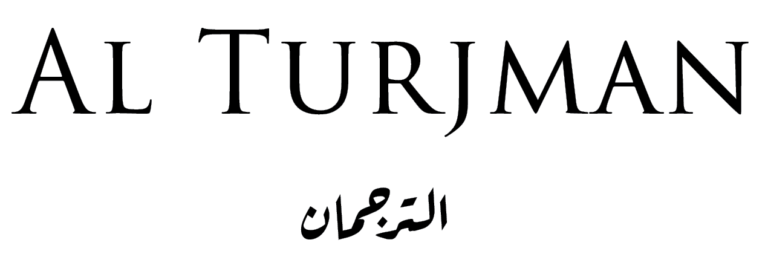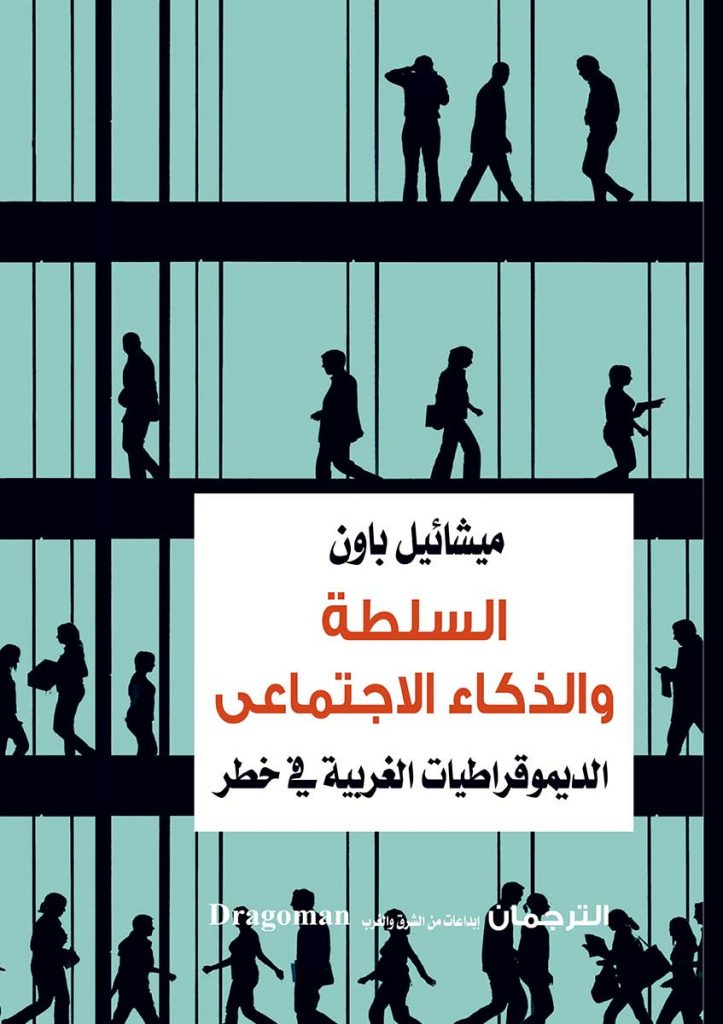By Michael Pauen
Theories of power in political science and sociology fall into two categories: While conflictual theories (Hobbes, Max Weber) hold that power is based on the ability to exert force, consensual theories as they are held, most prominently by Hannah Arendt, assume that power is based on a mutual agreement. Neither theory, though, can explain the mechanism that turns force or consensus, respectively, into power. The social intelligence plays a decisive role here, because it helps evading conflicts and fostering cooperation.
In his study, Michael Pauen concludes that democracies can also be challenged by the majority of the population. For a long time, a democratic society seemed to be the most attractive form of organization for citizens. But support for democracies is declining – worldwide. Pauen examines why people have repeatedly opted for political systems that were at odds with their own interests. Starting from a properly understood concept of power and drawing on insights about primates and early societies, Pauen shows that power exists not in violence but through consensus and requires social intelligence. An understanding of its role is central to grasping the current political situation. For one thing should be clear: Democracy cannot be taken for granted and right-wing populism in some European countries and USA can be explained as a lack of social-intelligence.
Michael Pauen, (born 1956 in Krefeld), is a philosopher with a focus on the philosophy of mind. As the academic director of an interdisciplinary graduate school, he has extensive experience in interdisciplinary research and training. Having a specific interest in philosophical and psychological aspects of human sociality, he will focus on social intelligence both in humans and in artificial systems.


